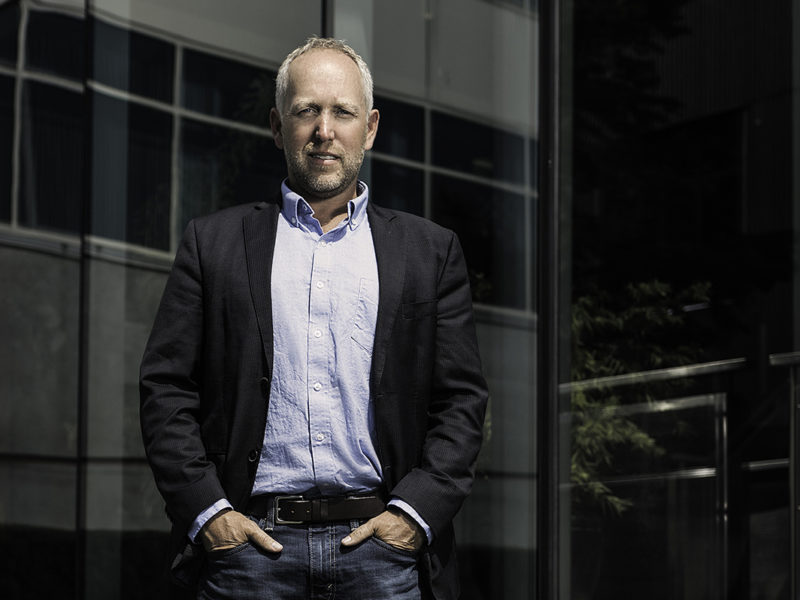The past two weeks have delivered good news to BC agritech startups.
The biggest news was the acquisition by Vancouver-based crop data and pest control company SemiosBio Technologies Inc. of AgWorld, an information management firm based in Australia on August 24.
“Together, Semios and Agworld will form one of the largest independent ag-tech solutions providers in the world, servicing growers, agronomists and ag retailers in the US, Canada, Australia, New Zealand, Europe and South Africa,” a company press release said.
The deal is the third this year for Semios, which earlier this year acquired Altrac, a cellular controls developer based in California, and Centricity, a Washington State developer of a suite of field data collection applications.
Terms of the transactions were not disclosed, but Semios last year raised US$75 million in private equity through a funding round led by Morningside Group of Boston, a private equity and venture capital firm.
A series of significant investments is also helping propel development at North Vancouver-based Ecoation Innovative Solutions Inc.
Biobest Group NV of Belgium took a $10 million equity stake in Ecoation on September 3, with Biobest CEO Jean-Marc Vandoorne joining Ecoation’s board of directors. The investment will support the global commercial roll-out of Ecoation’s crop monitoring platform.
Biobest’s commitment follows a total of $10 million in federal funding from a variety of programs, most recently $3.9 million in AgriInnovate cash in support of cleantech development, as well as $2.5 million raised from investors.
The good news comes in advance of the RegenBC conference in support of the province’s regenerative agriculture and Agritech network. Scheduled for September 28-30, the online conference aims to encourage farmers to harness “the latest and best in agri-technology” in support of regenerative farming practices.
The province defines regenerative practices as those which “aim to restore soils, water and biodiversity health to improve overall ecosystem services and make farmland more resilient to climate change.”


 Market garden rises from battle of the weeds
Market garden rises from battle of the weeds